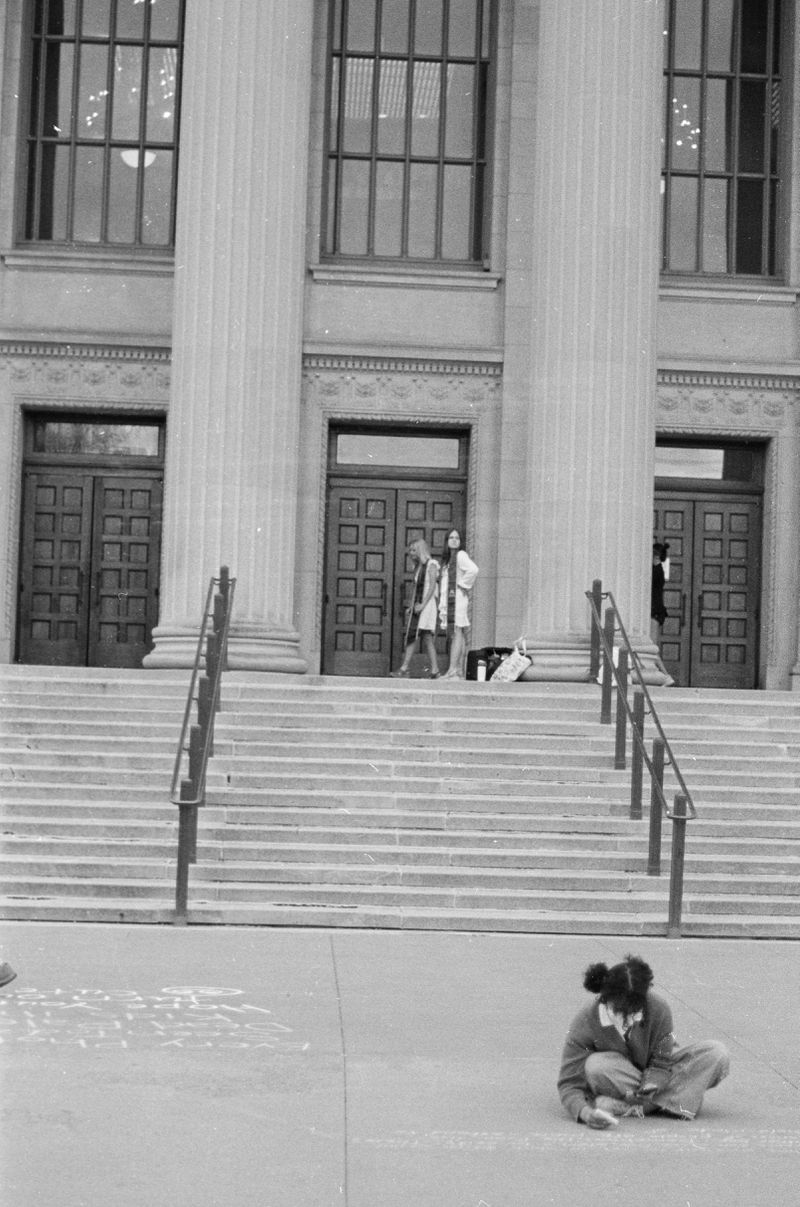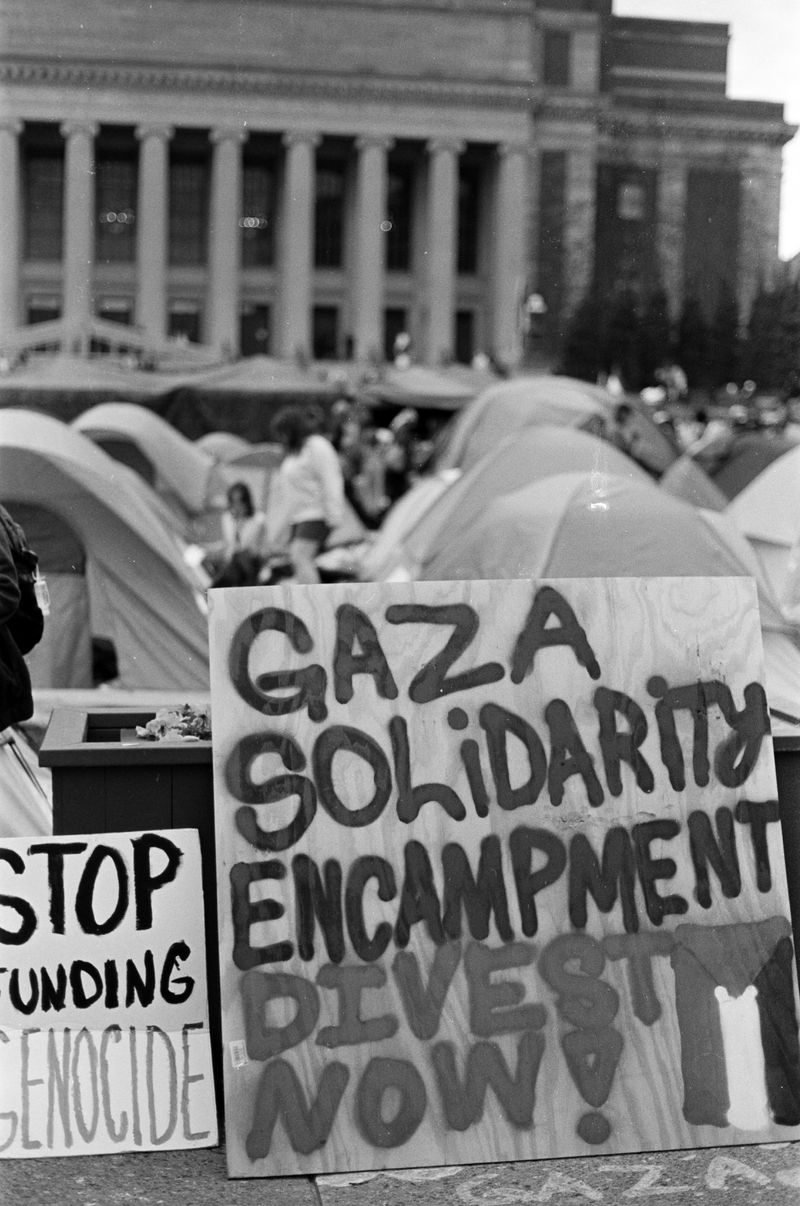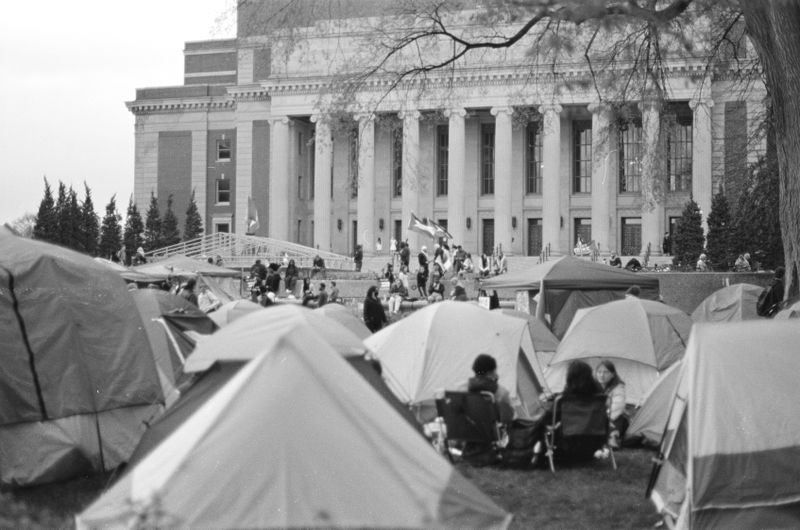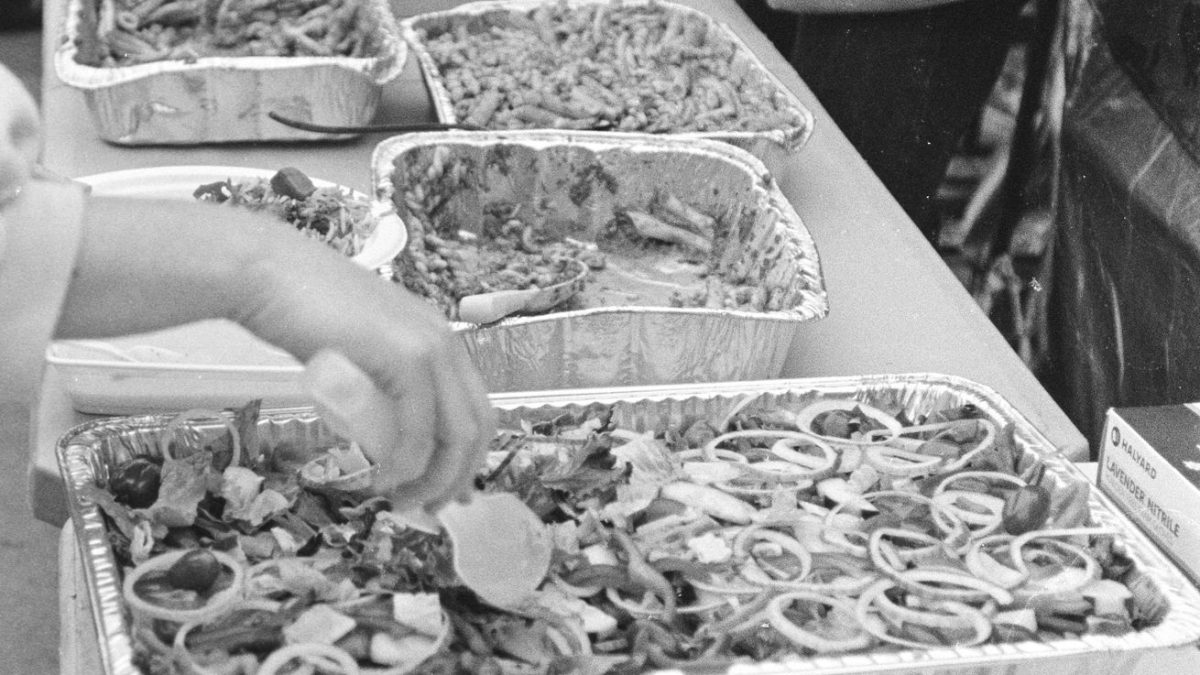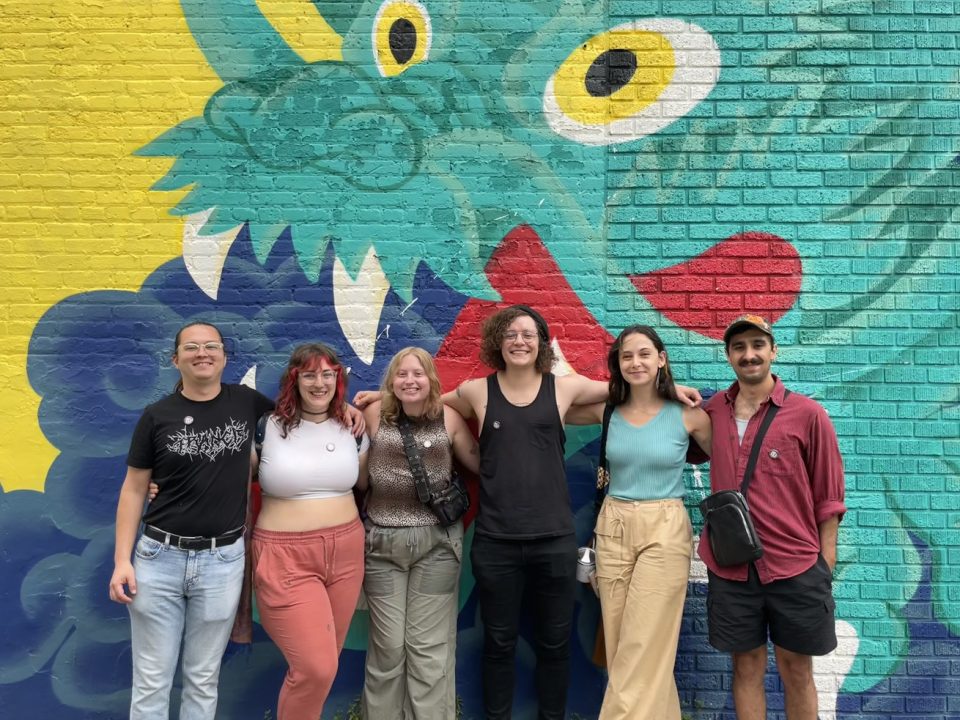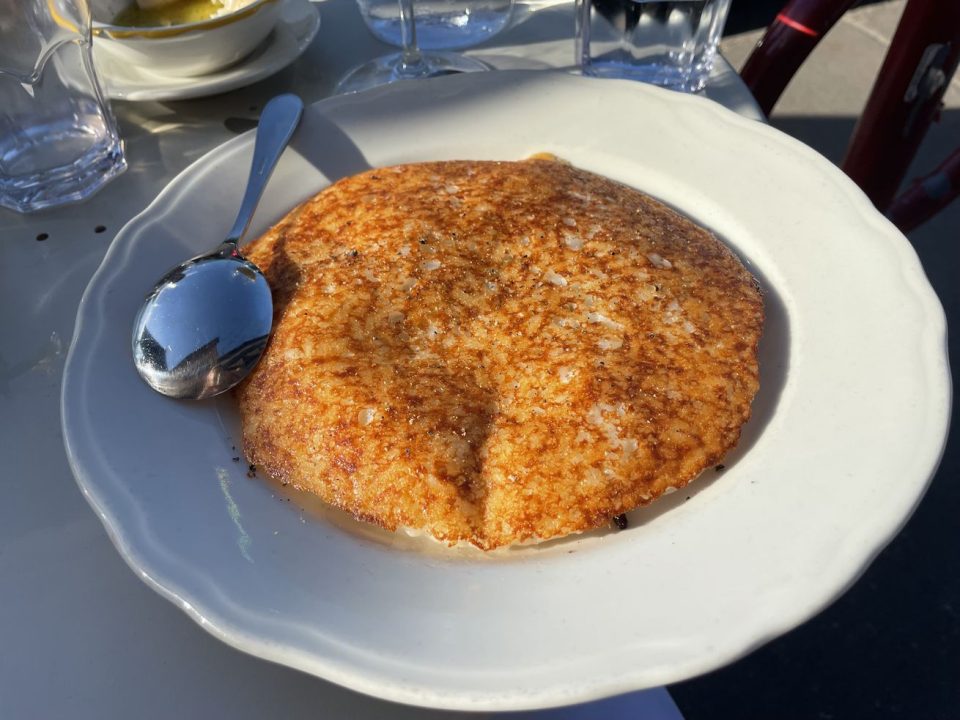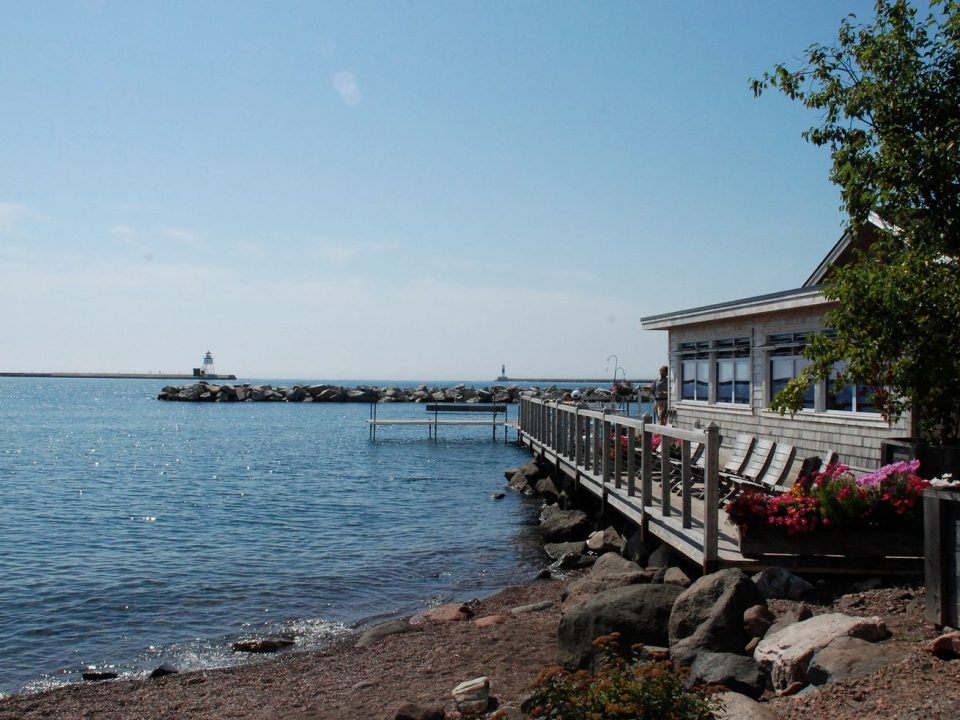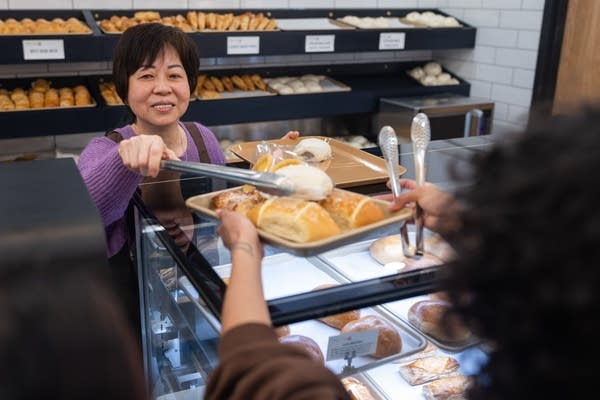
Developers of popular Asia Mall are launching a second Asian-themed complex in Blaine
May 2, 2024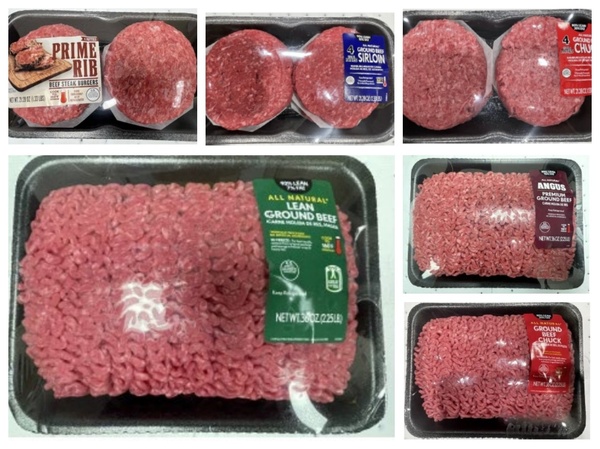
More than 16,000 pounds of ground beef sold at Walmart recalled over E. coli risk
May 4, 2024Food donations poured into the Gaza solidarity encampment that sprung up on Northrop Lawn in late April
There was a moment, the afternoon of May 1, when the Gaza solidarity encampment at the University of Minnesota seemed headed toward a police confrontation. After meeting with interim university president Jeff Ettinger that morning, organizers with the UMN Divest Coalition had received an email from the administration outlining a “shared understanding” that the coalition would take down the encampment by 5 p.m. that day — an agreement organizers said they’d never made.
Anticipating a police sweep, they put out an all-hands-on-deck call on Instagram, asking supporters to come to the Northrop Hall lawn where dozens had been camping, calling on the university to divest from the state of Israel amid its continued attacks on the Gaza strip.
But five o’clock came and went, and the police didn’t show. The few hundred people who’d gathered at the encampment milled about the lawn — the air was cool and fragrant after an overnight rain; the initial tension had softened into an easy hum. At the foot of Northrop’s stone plaza, edged up against the close-knit, green-capped tents, a makeshift banquet table was set with falafel sandwiches, fresh green salads, and pasta in tomato sauce; doughnuts; Mountain Dew; trail mix and granola bars; trays of biryani and fried rice; and a tattered bag of Taco Bell bean and cheese wraps.
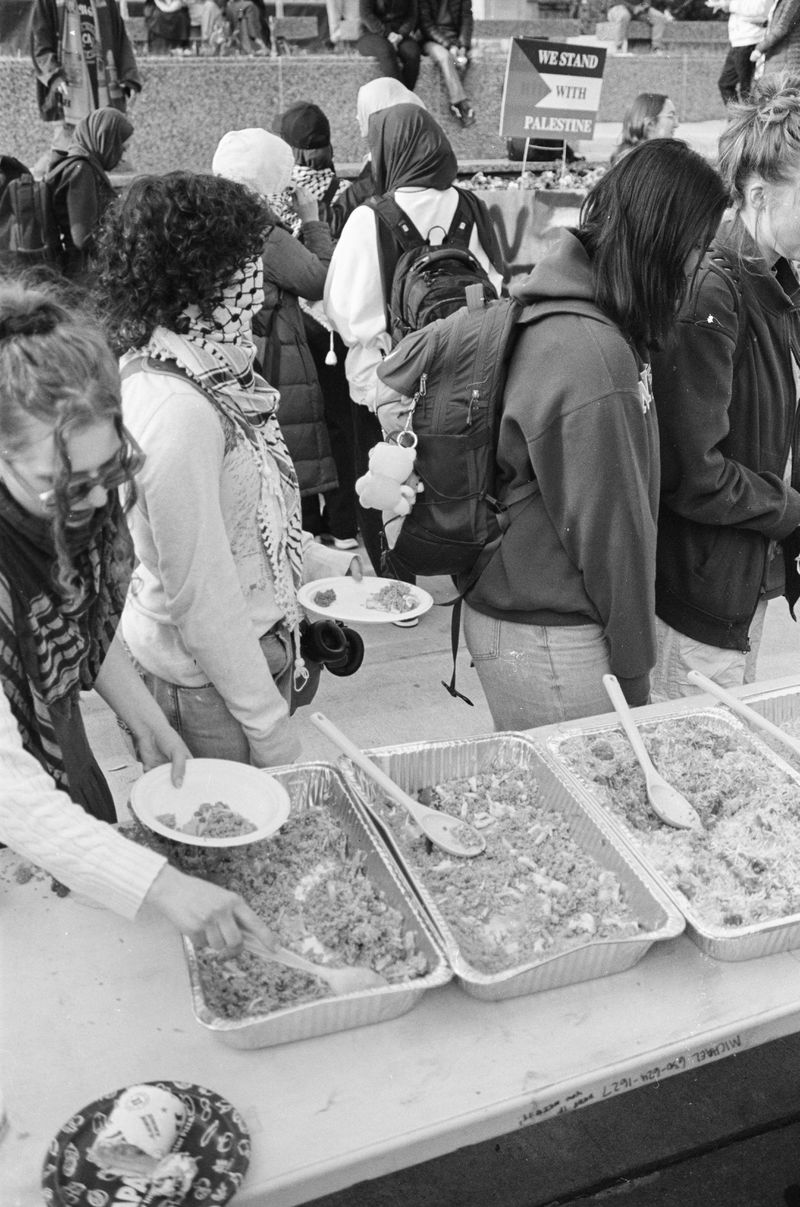
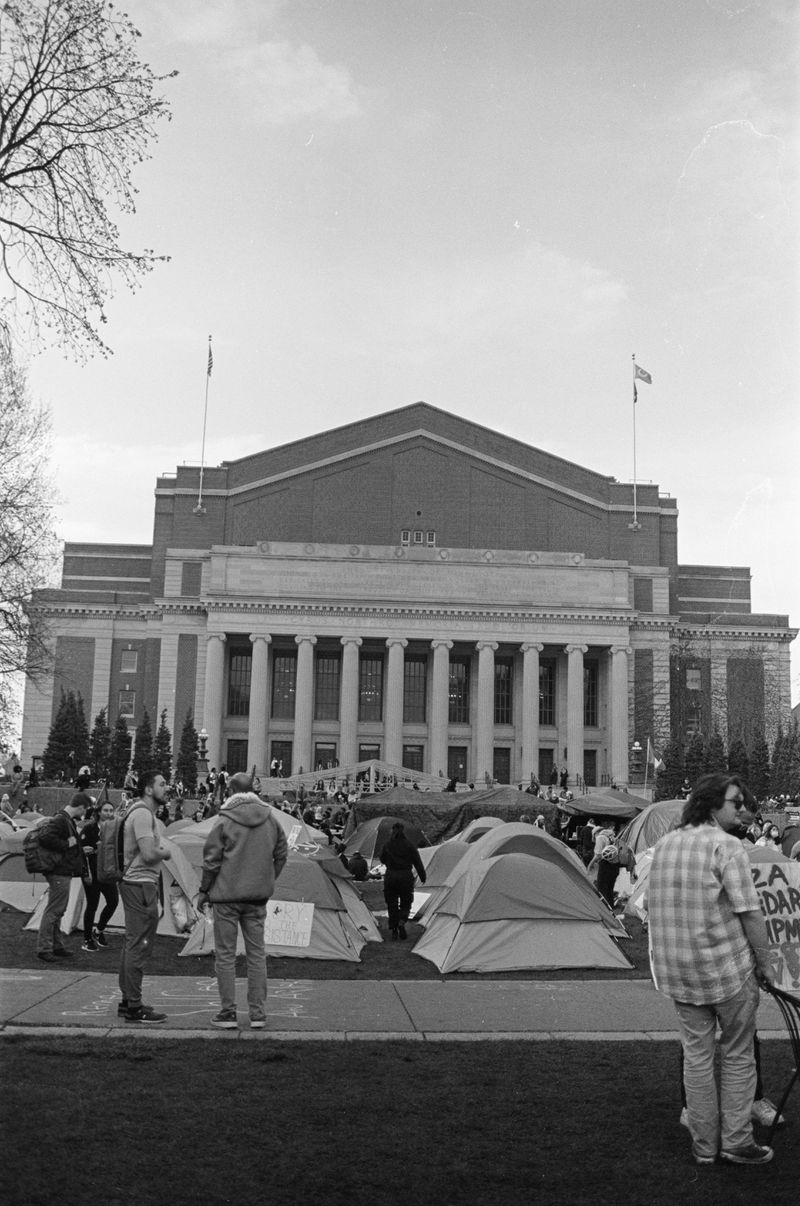
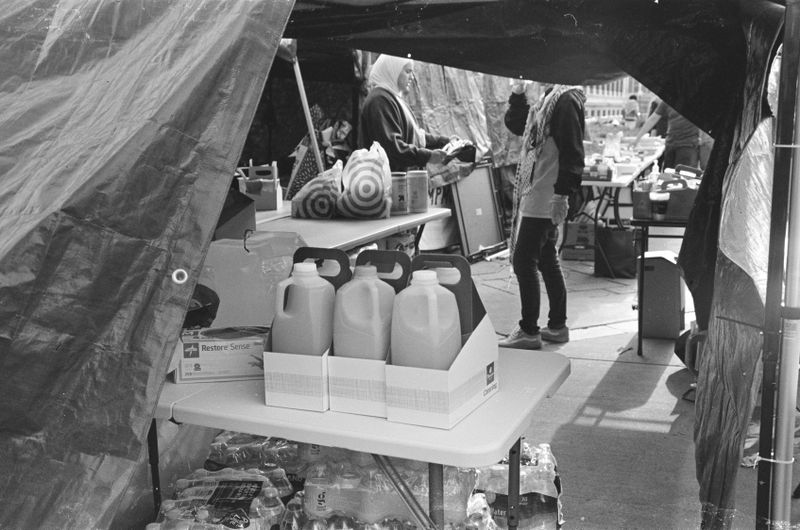
As protests against the war in Gaza have emerged at college campuses across the country — from Columbia to UT Austin to UCLA — community members, local organizations, and restaurants have been keeping students fed. Trays of kibbeh, shawarma sandwiches, and even culinary rarities like sweet cream cornbread and tamarind pop tarts have been delivered to protesters camping out in tents, who are often buttressed behind barricades or locked campus gates. At the U of M, the Gaza solidarity encampment received so many food donations that organizers made a PSA announcing that they couldn’t accept any more.
Fae, a student protester who’d been organizing food at the encampment and who asked to be identified by their first name only, said that donations came from a number of sources: Individual people had brought in huge plates of rice and chicken, big tubs of pasta, crockpots of oatmeal, and bagels, yogurt, orange juice, and coffee for breakfast. A number of local Palestinian restaurants had also reached out to the Divest Coalition over social media, or even in-person at the camp, offering meals. “Food is a huge point of connection — it’s been amazing to see how this can help people learn about Palestinian culture, and even learn about other cultures within this movement,” Fae said.
Baba’s Hummus House sent food that evening: trays of falafel sandwiches wrapped in sunny yellow-and-white checkered paper. Holy Land and Football Pizza also donated food, Fae said. Eater reached out to both restaurants for comment but did not hear back at the time of publication.
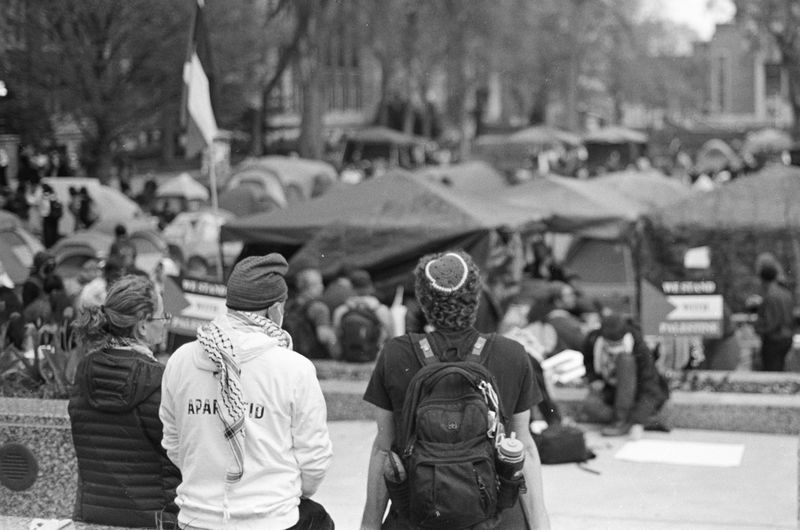
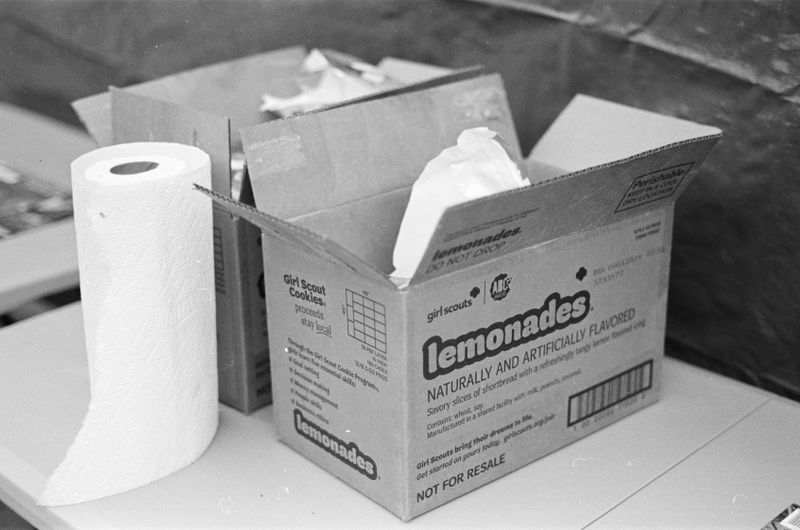
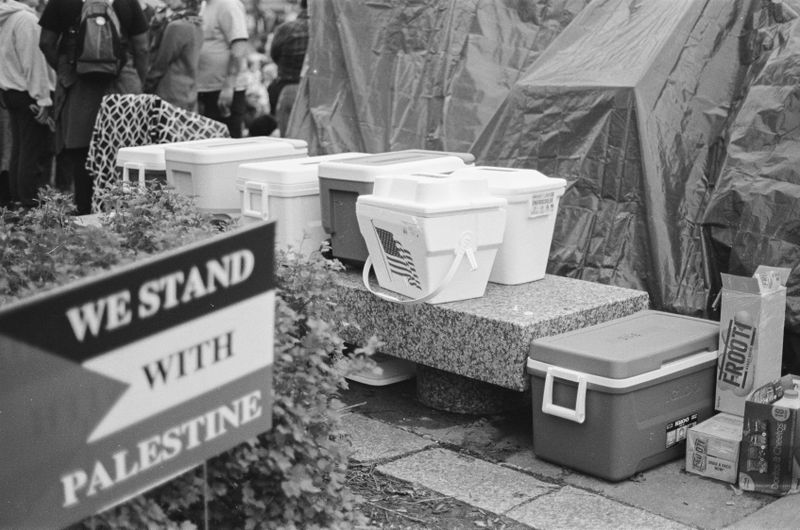
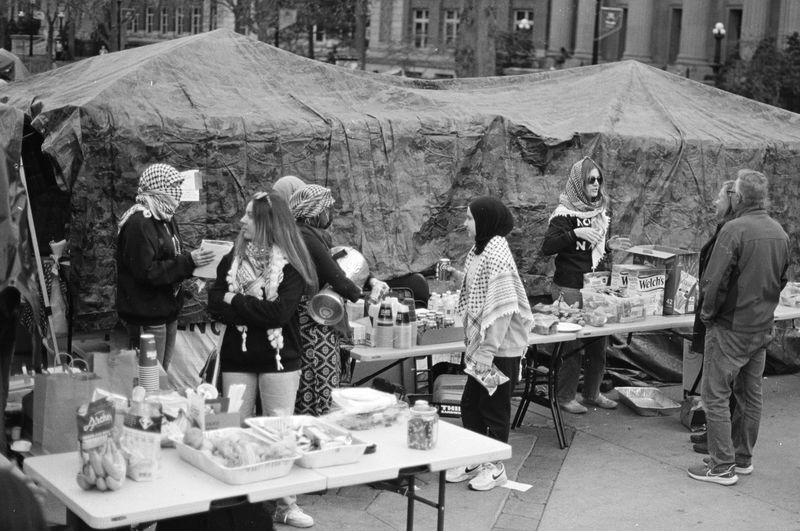
Rana Kamal, who co-founded Baba’s with her brother Khalid Ansari, said they’ve both been in “complete awe” of the courage of student protestors across the country. “As Palestinians, this makes us emotional to see people from all walks of life come together to not only protest, but protest in attempt to create a new world,” she wrote in an email to Eater.
Kamal said that both she and her husband have friends and family in Palestine living in “unimaginable circumstances” — and that the past six months have been incredibly hard for them. “Palestine is our heart and soul,” she wrote. “So much life has been lost. We just pray for love and peace. For both Palestinians and Israelis.”
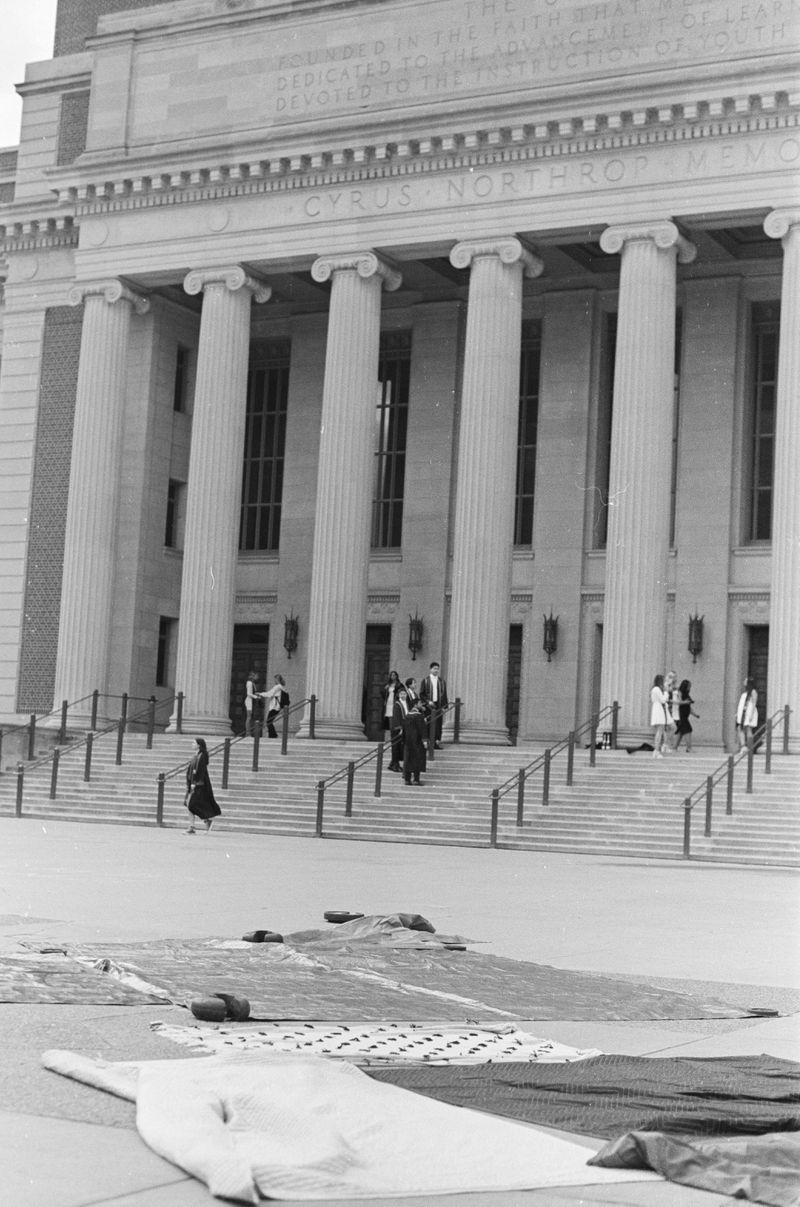
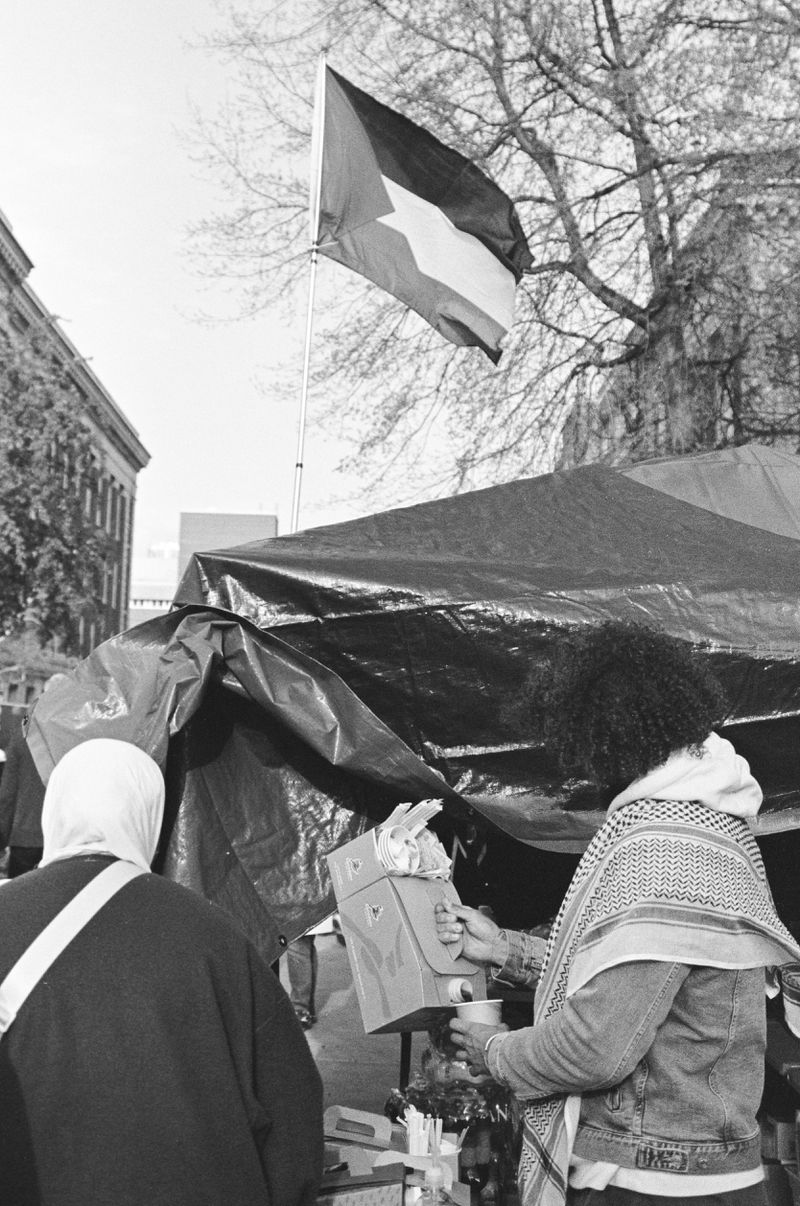
Kamal and Ansari’s parents emigrated to Minnesota from Palestine decades ago and opened Mediterranean Cruise Cafe in the suburbs — the siblings grew up immersed in the restaurant’s daily rhythms and spent summers in Jerusalem with their grandparents. From the beginning, Kamal said, Baba’s has been a both love letter to their Palestinian roots and a bridge between their American and Arab identities.
“Some of our best moments yet [were] seeing both Palestinians and Israelis enjoying a bowl of our hummus in our very Palestinian cafe; or when my husband’s Israeli friend, Ron, walked into our cafe and said, with the biggest smile, ‘This place is very important,’” she wrote. “This is the very reason we started Baba’s. To share us, our food, our heritage and to share our beautiful Palestine with the community.”
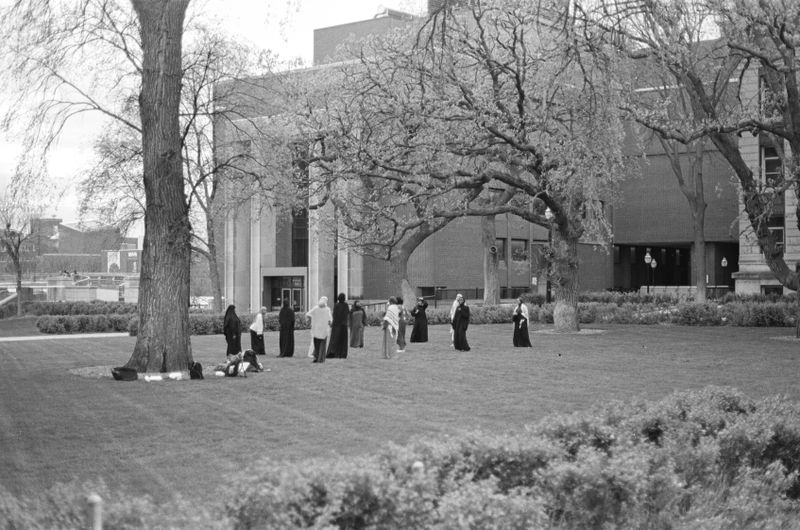
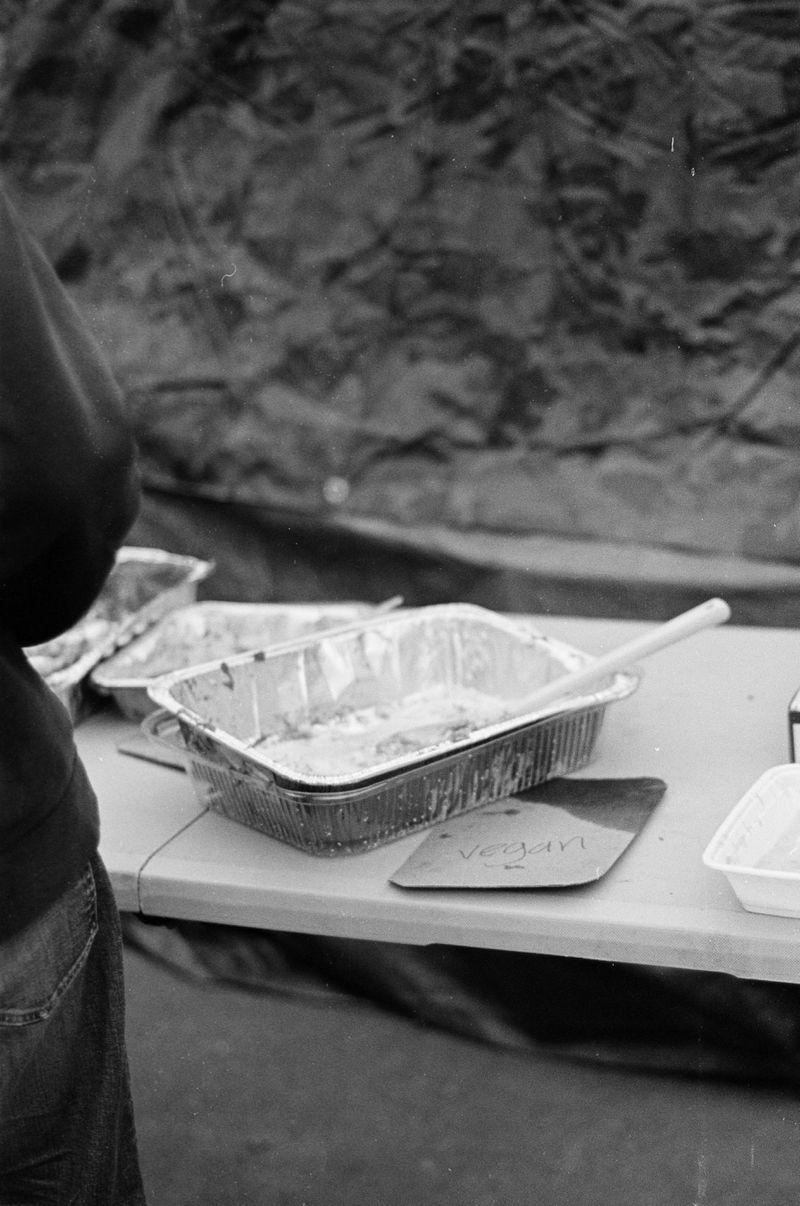
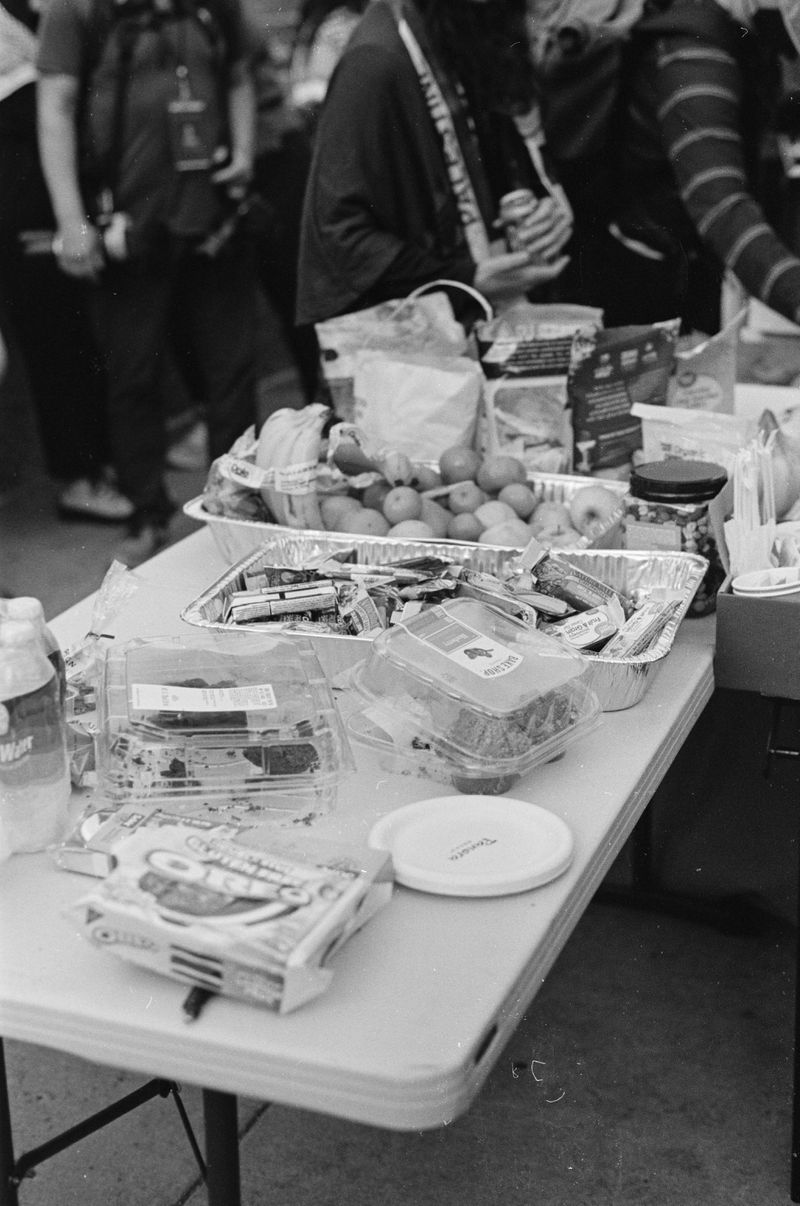
Baba’s falafel sandwiches were a hit at the encampment — they didn’t last long. A steady line filed down the food table; some refilled cups of coffee, replenishing themselves after long nights on the lawn. As students and faculty ate, organizers of the Divest Coalition were in another meeting with administrators, negotiating over their demands: that the university disclose its investments, divest from companies profiting from the war in Gaza, and ban weapons manufacturers like Lockheed Martin and others from academic involvement, among other things.
Though the Gaza solidarity encampment seemed, in the public eye, to spring up quickly, it was in fact the culmination of months of organizing on campus. Police had appeared semi-frequently, arresting nine people camping in front of Walter Library; issuing dispersal orders; assembling in riot gear and then retreating. The protests drew historical parallels to the 1972 University of Minnesota protests against the Vietnam War, when former governor Wendell Anderson called in the National Guard to repress the crowd of around 3,000 people.
By the morning of May 2, organizers with the Divest Coalition reached an agreement with the university, finding compromise on a number of their demands and a path forward for further divestment advocacy with the Board of Regents. Tents were taken down that afternoon, in a light drizzle — just a few hours later, another march had sprung up in their place.
